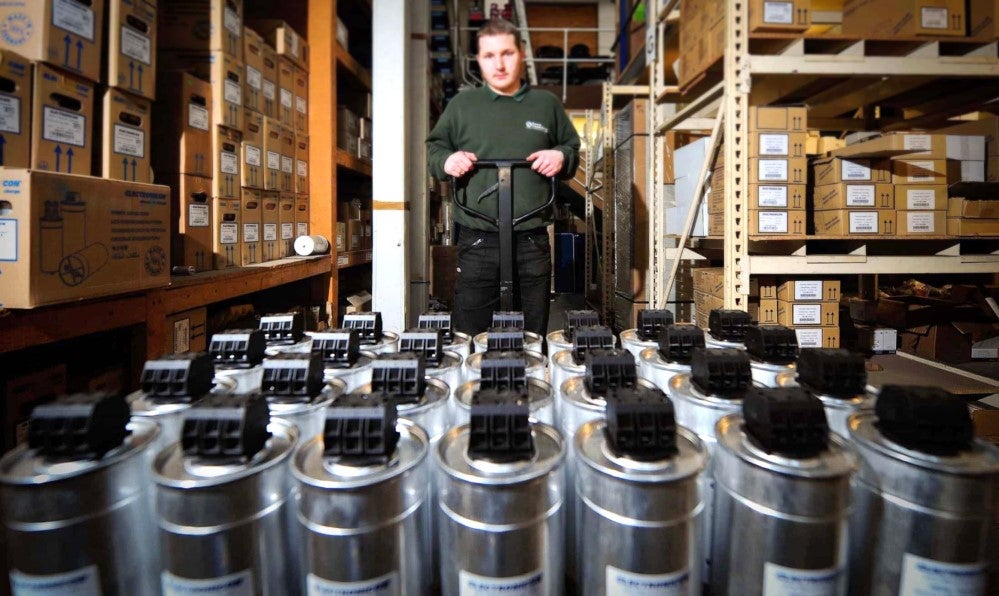After 14 years – during a period that stretched from late 2008, with the beginning of the financial crisis, to our emergence from the pandemic – the era of ultra low-interest rates appears to have ended.
Interest rates at the Bank of England began their ascent in December 2021, with a similar story at the US Federal Reserve and the EU’s European Central Bank.
During this time, concerns about man-made changes to the environment have evolved into a full-blown climate emergency, with climate scientists declaring time is running out to stop the continuous warming of the planet. Failure to achieve this, they warn, will result in irreversible effects on the various ecosystems on which human life depends.
Nearly a decade and a half of cheap borrowing has seen global renewables consumption increase fourfold to more than 40 exajoules (India's total energy consumption was 35 in 2021), according to BP's Statistical Review of World Energy 2022.
Growth in renewable energy has also benefited from a reduction in technology costs. The cost of solar panels has dropped more than 90% in the same period, with Bloomberg reporting in April that the world surpassed 1 trillion watts of solar (which represents 5% of the world's energy needs).
There's no getting away from the fact that low borrowing costs have fuelled the drive to sustainability and the Paris Agreement.

US Tariffs are shifting - will you react or anticipate?
Don’t let policy changes catch you off guard. Stay proactive with real-time data and expert analysis.
By GlobalDataSustainable Finance Summit 2023 promises to answer today's burning questions
But even during the cheap borrowing years, there was plenty of foot-dragging on sustainability with new financing of fossil fuel extraction projects continuing unabated thanks to funding by some of the world's top banks, including big lenders in the UK and Europe too. We've also seen average temperatures continue to rise. The past eight years have been the warmest on record, according to the latest report by the Intergovernmental Panel on Climate Change (IPCC).
With inflation on the rise, central bankers have been keen to push interest rates higher, while defence spending increasingly soaks up national budgets, as a new hostile mood persists across Europe.
In this context, who will prioritise the green transition and be prepared to underwrite the cost of reaching our carbon-neutral targets, and at what cost? And what role is there for financiers and financial innovation?
These are some of the questions and challenges that delegates will need to consider at the inaugural Sustainable Finance Summit & Awards 2023 on 10 May in Paris, which Leasing Life & Motor Finance is proud to support.
Often lost in the big picture is that many financial service providers have been quietly making a difference by specialising in funding sustainable projects and thinking along sustainable lines, a fact we hope to recognise and celebrate at our awards ceremony in the evening.









